Mazda is getting closer to the revival of the iconic RX-7.
The iconic Mazda RX-7 sports car has inched closer to becoming a showroom reality, and it could be joined by a turbocharged Mazda3 rival to the Volkswagen Golf GTI.
"There is a push internally to get more performance cars in the line-up,” the boss of Mazda Australia, Martin Benders, told local media overnight.
"Last year the company made a record profit and they’re on track for another good year,” he said. “If they achieve targets through to the 2016 then all the rest can happen."
Mazda cancelled or delayed many future model programs during the Global Financial Crisis in 2008 and 2009, but those projects could be revived now that Mazda has weathered the storm.
The performance cars Mazda is believed to be working include the new RX-7 (which would share its underpinnings with the new MX-5 due to be unveiled globally in September) and a successor to the turbocharged MPS Mazda3.
But the 'halo models' would come only after Mazda introduced volume-selling vehicles such as the all-new Mazda2 hatch, the city-sized CX-3 SUV and a seven-seat version of the CX-5 likely to be called the CX-7.
Meanwhile, the Mazda BT-50 ute is due for a facelift sometime in the next 12 months, with a more truck-like nose, and the flagship CX-9 SUV is also due to be replaced by an all-new model in the next 18 months.
"More parts are shared across more models and platforms so product development times can be shorter," said Mazda Australia spokesman Steve Maciver.
Mazda stopped building the RX-8, its last rotary-powered sports-car, in 2012 after it was phased out by tougher emissions regulations.
Two years ago the chief engineer for the Mazda MX-5, Nobuhiro Yamamoto, told Carsguide: “Our dream is RX-7, not RX-8. Customers want RX-7."
When asked about when the RX-7 might be revived, Yamamoto-san said: "The timing is very difficult. [But] now we are in rotary engine development."
The Mazda rotary engine will celebrate its 50th anniversary in 2017, the RX-7 will celebrate its 40th anniversary in 2018, and Mazda as a company will celebrate its 100th anniversary in 2020.
"I cannot comment on timing,” Yamamoto-san said at the time.
Given that it takes three years to design, develop and engineer a new model, 2017 would likely be the earliest arrival date for a new RX-7.
Mazda built 811,634 two-seater RX-7 sports cars from 1978 to 2002, according to automotive history websites.
The four-seater RX-8, which had rear-hinged "suicide" doors on either side, notched up 192,194 sales between 2003 and April 2012, but was not deemed successful enough to continue with a new model.
Japanese car maker Mazda is well known for rotary engines but the technology was invented by a German engineer Felix Wankel, who first patented the unique design in 1929.
After unsuccessful attempts at production, Wankel sold the licence to the technology to Mazda and German car maker NSU (the predecessor to the Audi brand, who used it one model, the Ro80.
NSU stopped making the rotary-engine Ro80 in 1977 but Mazda had almost continuous production from 1967 (when it fitted a rotary engine to the Cosmo sports car) until April 2012, when the RX-8 was phased out.
Coming full circle, two years ago German car maker Audi announced it was considering using a rotary engine as a range extender in an experimental electric car.
Last year, Mazda said it was looking to use rotary engine technology to power as a “range extender” for an electric vehicle to be released in the coming years – which would then make it available to use in a sports-car such as the RX-7.
The rotary engine in an experimental Mazda2 hatchback driven by media at last year’s Tokyo motor show was just 330cc in capacity, about a quarter of the capacity of Mazda’s last rotary-powered sports-car, the RX-8.
Mazda said its electric car could travel up to 200km on battery power alone. But when that runs out, the scaled-down rotary engine (fueled by a 9 litre petrol tank) can recharge the onboard battery pack to provide a further 200km of travel.




.jpg)







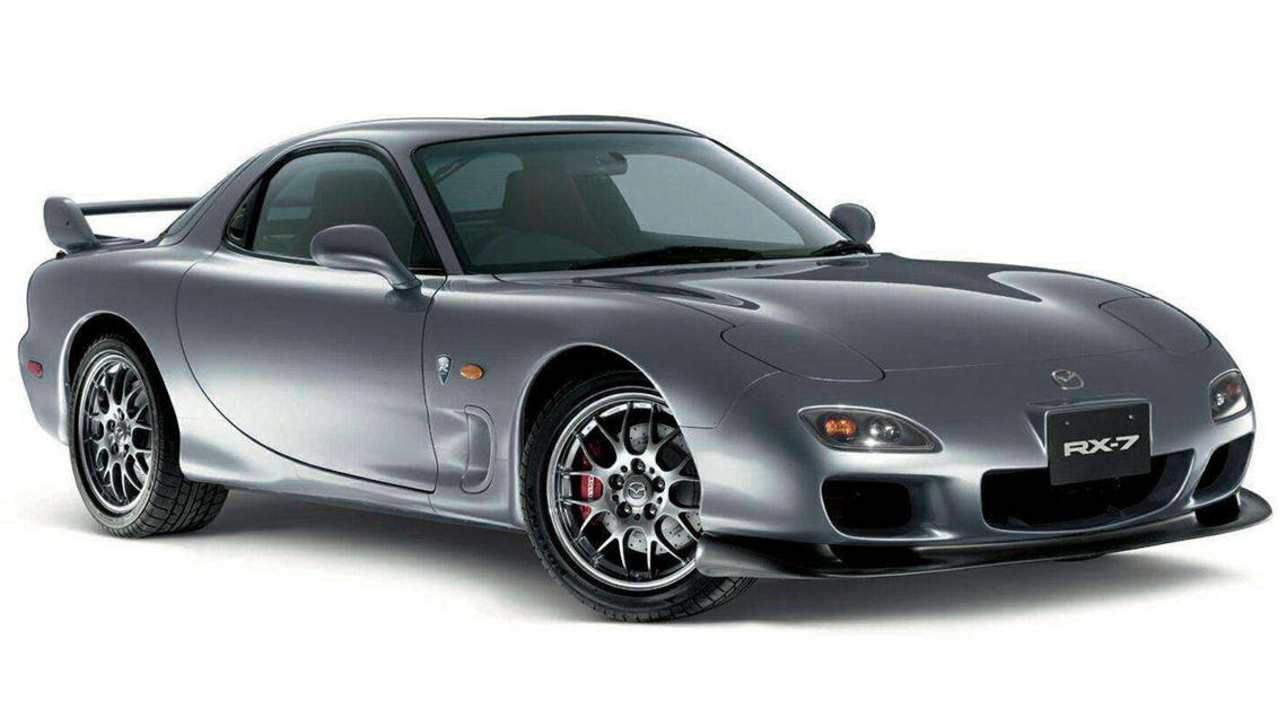
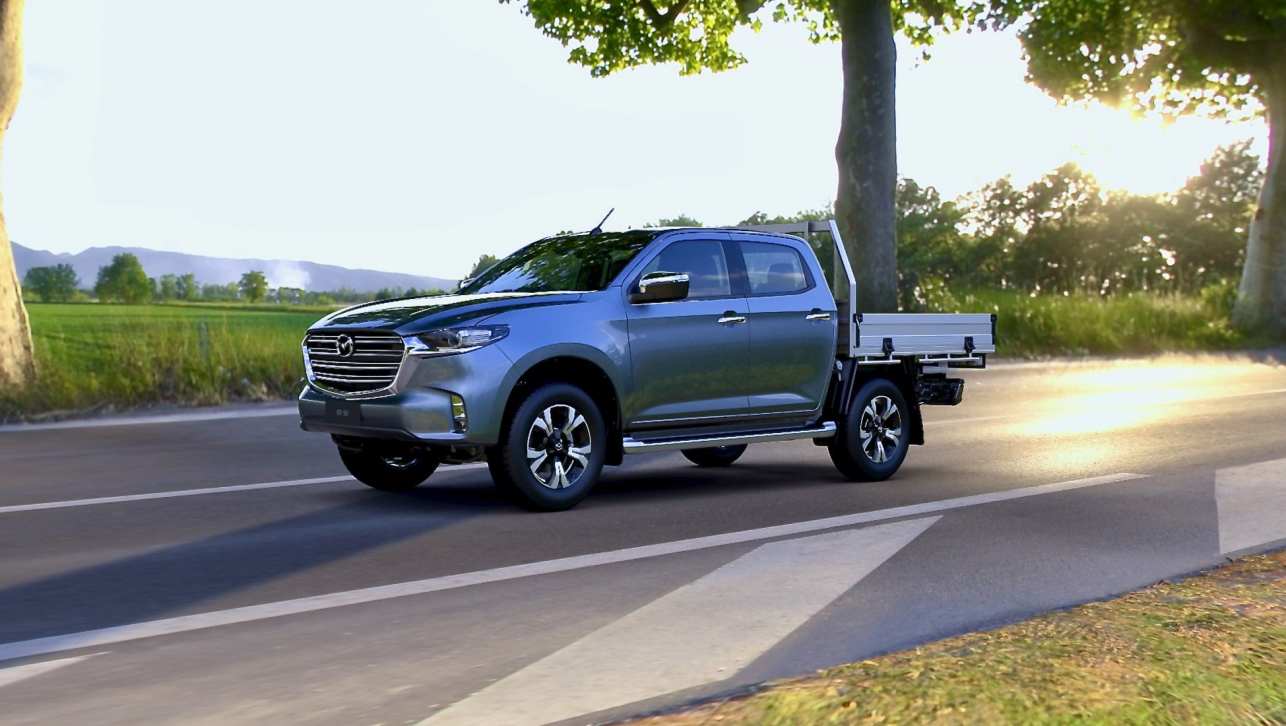
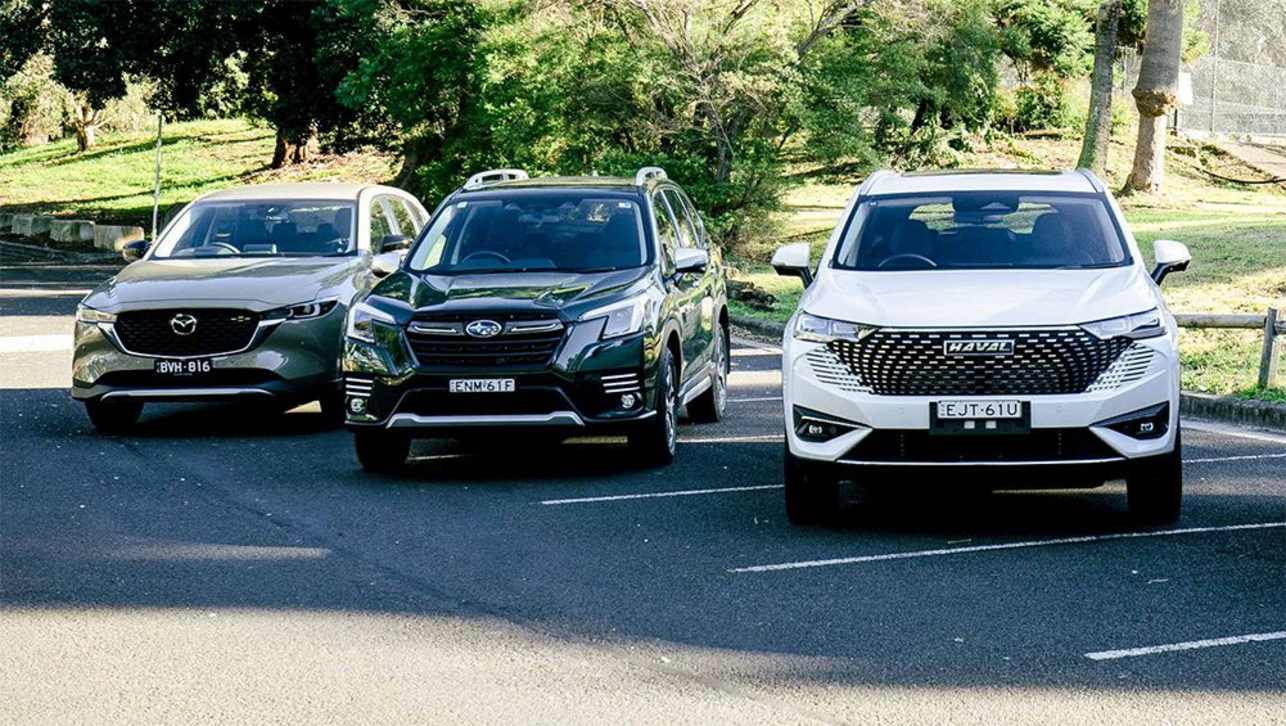
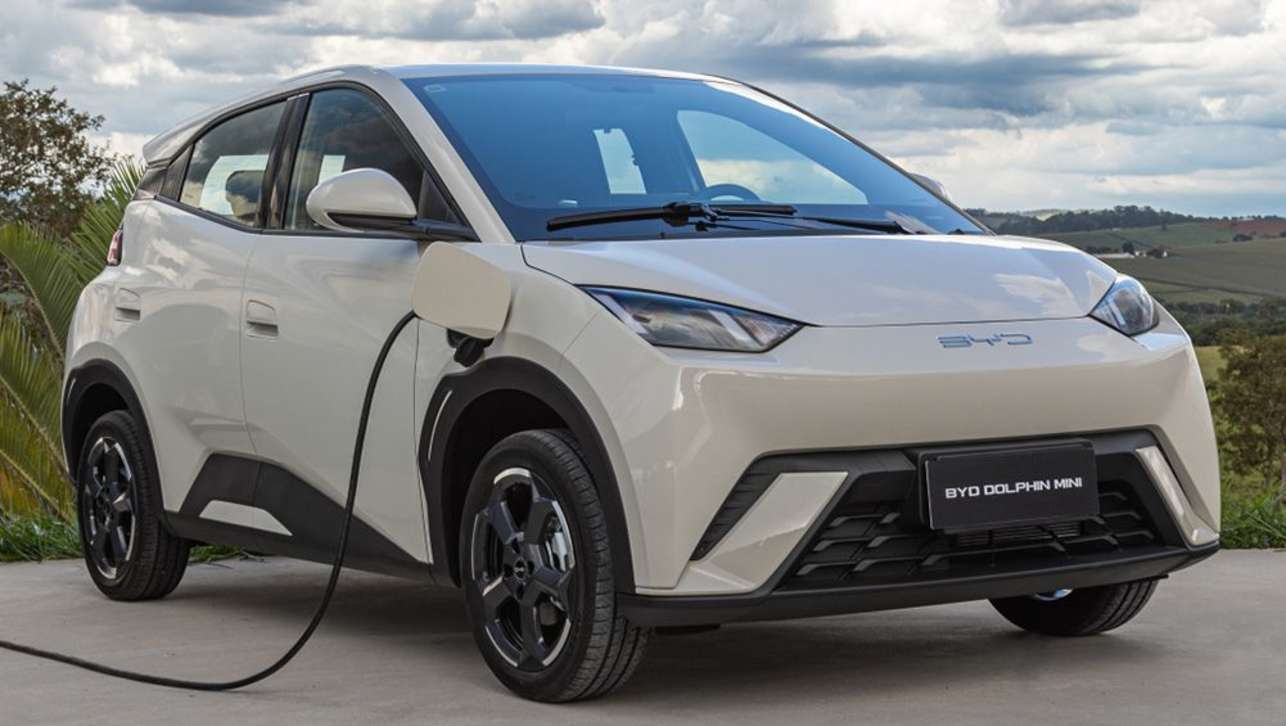
.jpg)
.jpg)
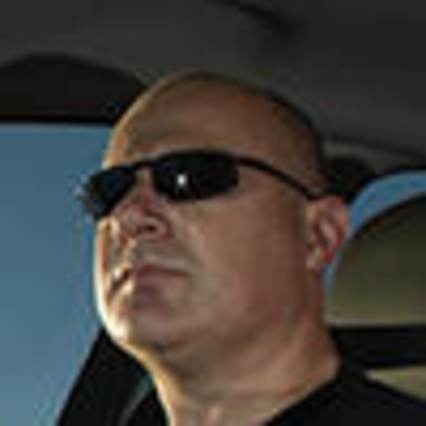

.jpg)

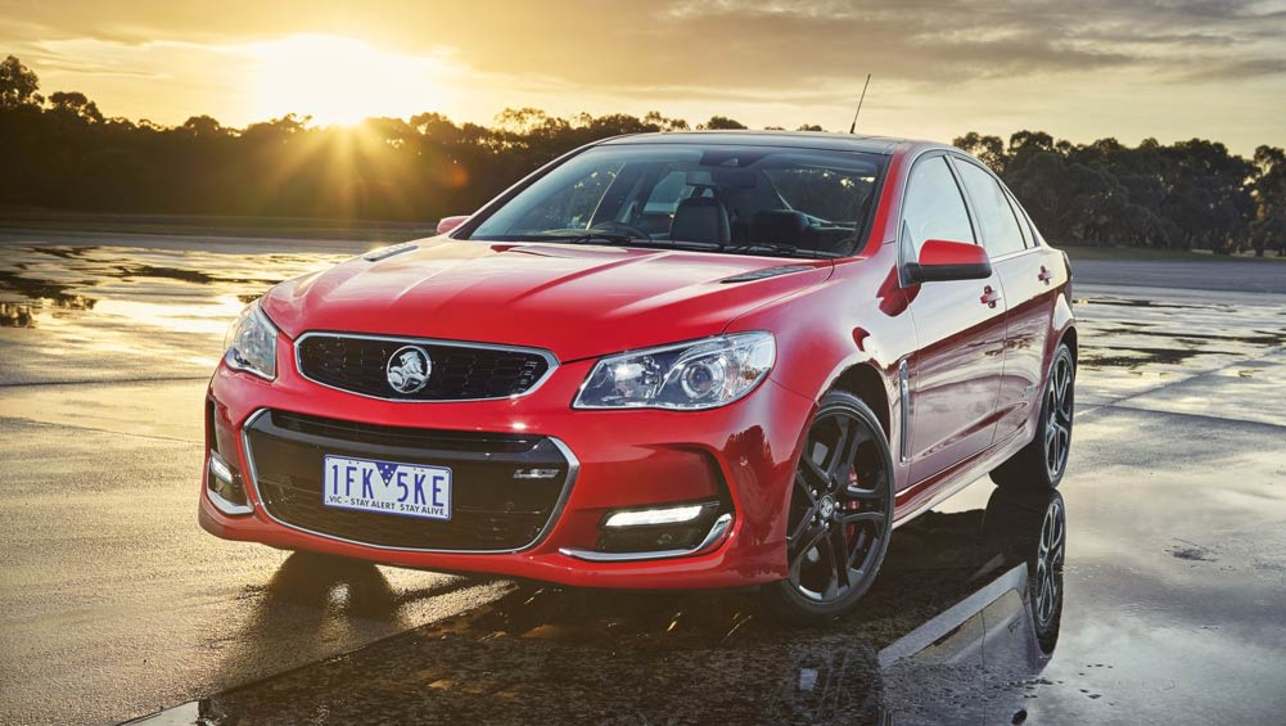
.jpg)
.jpg)
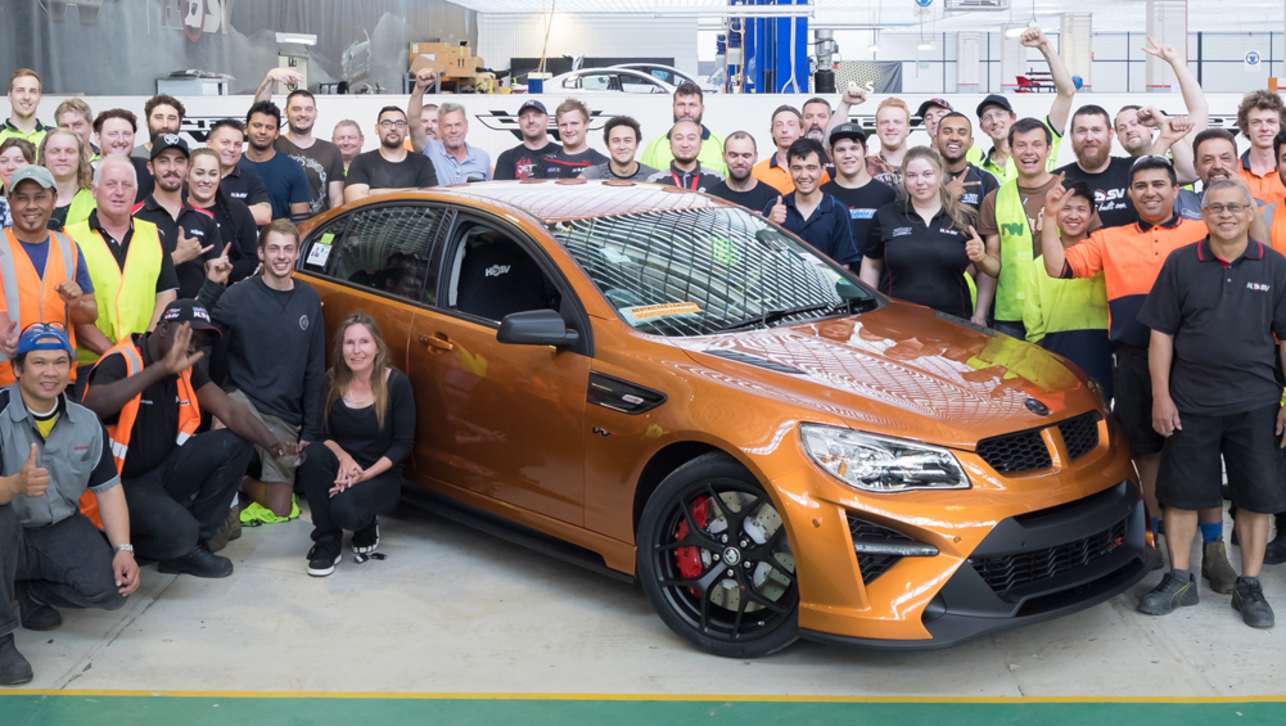
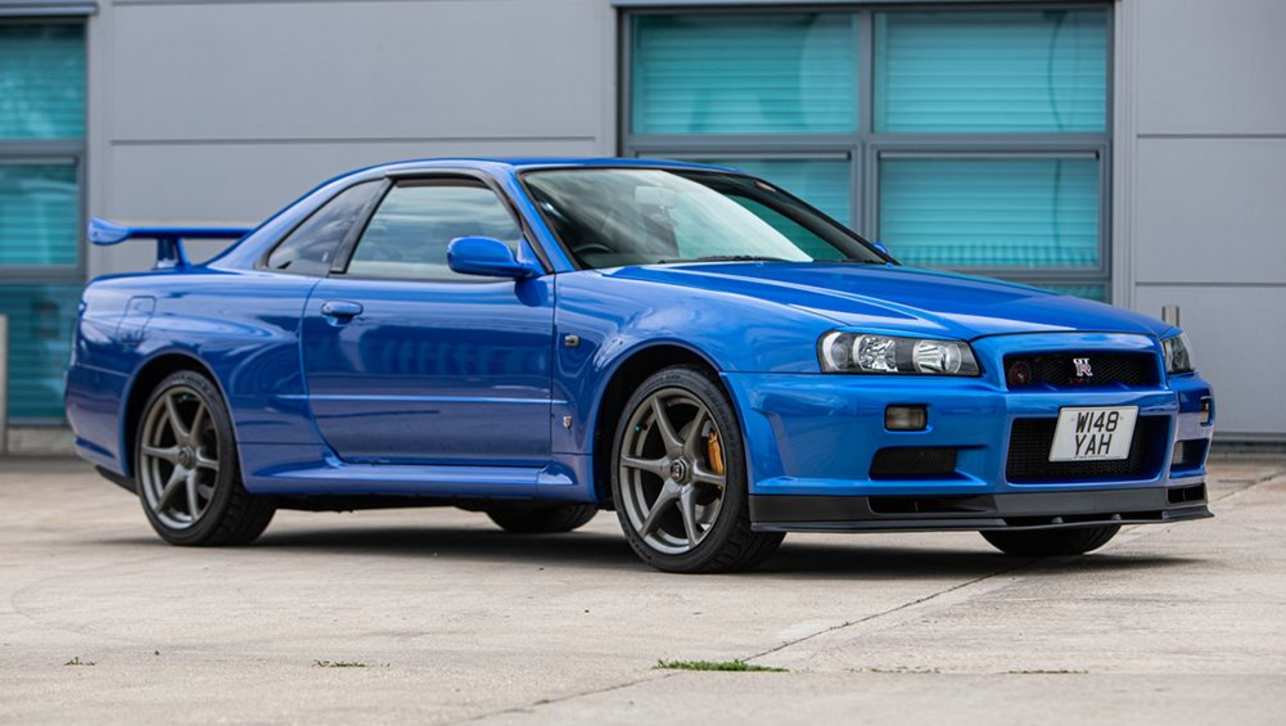

.jpg)

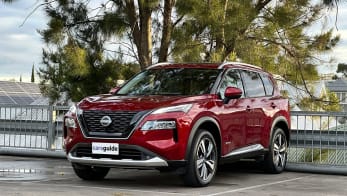
Comments